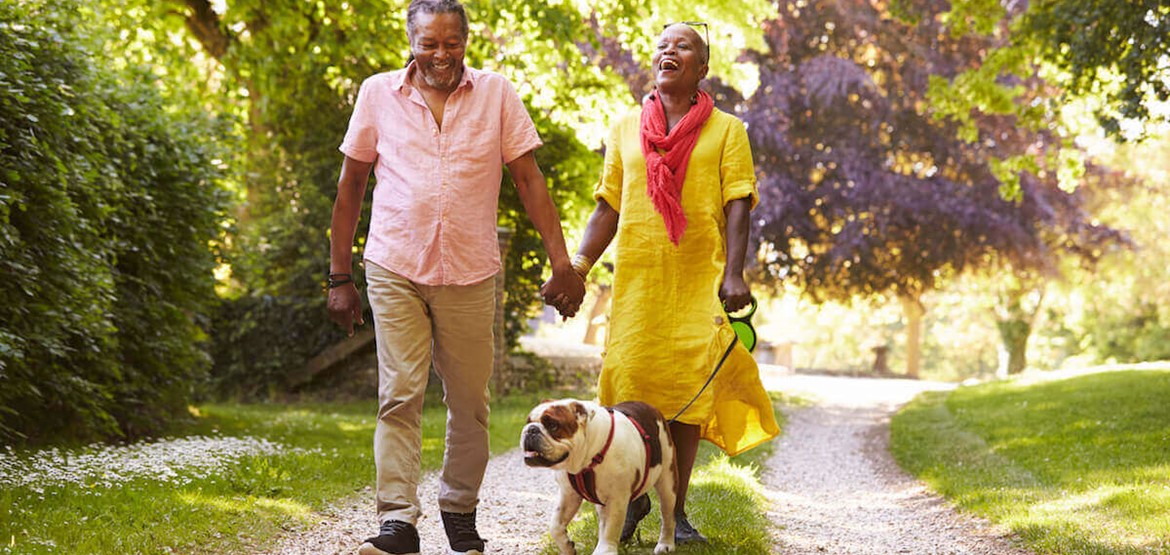Drink plenty of water
Alcohol is a diuretic, which means it encourages the kidneys to lose extra fluid. That is why you tend to go the toilet to urinate (pee) much more when you drink alcohol.
Alcohol also makes you sweat more. The combination of sweating more in the heat, and going to the toilet more, means you lose more fluid than you take in and become dehydrated unless you replace that lost fluid by drinking water.[1]
Dehydration can cause headaches, dizziness, sickness and tiredness.[2] Limit the amount of alcohol you drink and drink plenty of water or soft drinks in between alcoholic drinks to prevent dehydration.
During a heatwave, this advice is even more important. If you do decide to drink, it is really important not to exceed the Chief Medical Officers' low risk drinking guidelines AND to be sure to drink plenty of water to reduce the risk of things like dehydration heat exhaustion or heat stroke.
The Chief Medical Officers' low risk drinking guidelines
Don’t drink and drive
Even small amounts of alcohol can affect your ability to drive. There is no fool-proof way of drinking and staying under the legal limit for driving other than not drinking at all, because it can depend on things like your weight, age, sex and metabolism (the rate your body uses energy), the amount of alcohol you’ve drunk, whether you’ve eaten recently and even your stress levels.
Typically, it takes roughly an hour for your body to process one unit of alcohol, and there is nothing you can do to speed this up.
Be aware of driving the morning after, too. Just because you have been to sleep, it does not mean that you are no longer affected by alcohol. A cup of coffee or cold shower may help you feel more awake but will not help to eliminate the alcohol from your body. The only thing that will sober you up is time.
The safest advice is to avoid alcohol altogether if you are driving.
Can I drive the morning after drinking alcohol?
Go alcohol-free
Cocktails might appear a summery choice on a hot day, but if you don’t know what measures of alcohol are in your drink, you could end up drinking more than you intended.
So how about going alcohol-free? It’s easier than ever to enjoy a thirst-quenching drink on a hot summer’s day that’s completely free of alcohol.
Many bars and restaurants now sell a range of ‘virgin’ or alcohol-free drinks and if you’re having a drink at home take a look at our Mocktails Made Easy recipes to inspire you.
For anyone watching their waistline, it’s worth knowing cocktails and mocktails can be high in sugar, making it easy to take in a lot of calories without realising it. But did you know, gram for gram, alcohol contains nearly as many calories as pure fat? Try alternating sugary drinks with low calorie soft drinks to help you cut down the calories.
If you do decide to mix alcoholic drinks at home for friends, make sure you use a unit measure cup to avoid over-pouring. And if you are out, the bartender should be able to advise on what measure of drink you’ve ordered.
Avoid swimming
While going for a swim may seem like a good idea to cool off on a hot day, don’t enter the water if you’ve been drinking any alcohol. Alcohol consumption is known to increase drowning risk.[3]
The Drowning Prevention Charity, Royal Life Saving Society UK [RLSS UK], states that about a quarter of all adult drowning victims in the UK have alcohol in their bloodstream.[4]
Alcohol can lower your inhibitions, impair your judgement and make you more likely to take risks. Alcohol slows down your reactions, making it more difficult to get yourself out of trouble. It also numbs the senses, particularly sight, sound and touch, making swimming difficult.
The RLSS UK also urges people not to walk home near water after a night out to cut the risk of falling in and drowning.
Drink within the limits
Summer evenings are longer, making it easy to stay out for longer, but it’s still just as important to stay within the Chief Medical Officers' low risk drinking guidelines, drinking no more than 14 units of alcohol per week, spread over three or more days. We also recommend you take at least three Drink Free Days every week. You can check exactly how many units are in your drinks by using our Unit and Alcohol Calculator or, if you’d like an easy way to track your drinks on the go, download our free Drinkaware: Track & Calculate Units app.
Why have more Drink Free Days?
[1] Hobson, R.M. and Maughan, R.J. (2010). Hydration status and the diuretic action of a small dose of alcohol. Alcohol & Alcoholism, 45(4), 366-373.Available at: https://academic.oup.com/alcalc/article/45/4/366/155478.
[2] NHS website. Dehydration. [Online]. Available at: https://www.nhs.uk/conditions/dehydration/. [Accessed 22 July 2019].
[3] Kyra Hamilton Jacob J. Keech Amy E. Peden Martin S. Hagger (2018). Alcohol use, aquatic injury, and unintentional drowning: A systematic literature review, Drug and Alcohol Review, Wiley
https://onlinelibrary.wiley.com/doi/pdf/10.1111/dar.12817
[4] Royal Life Saving Society,
https://www.rlss.org.uk/about-dont-drink-and-drown#The-Evidence-Dont-Drink-and-Drown-Campaign
